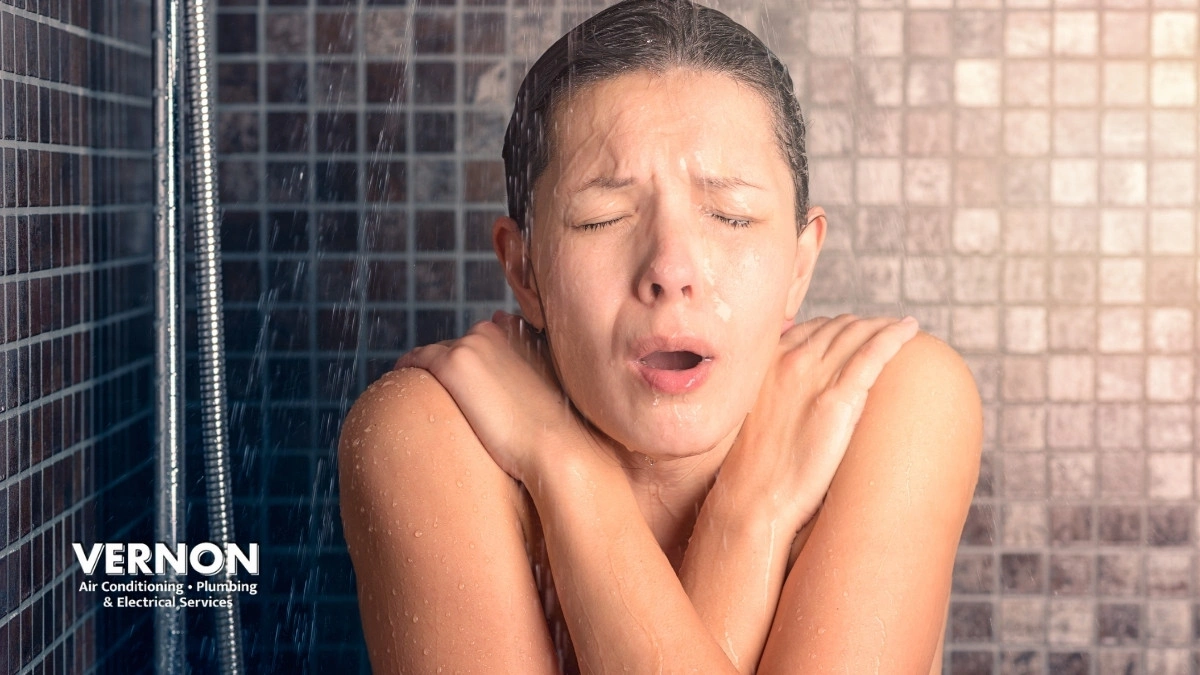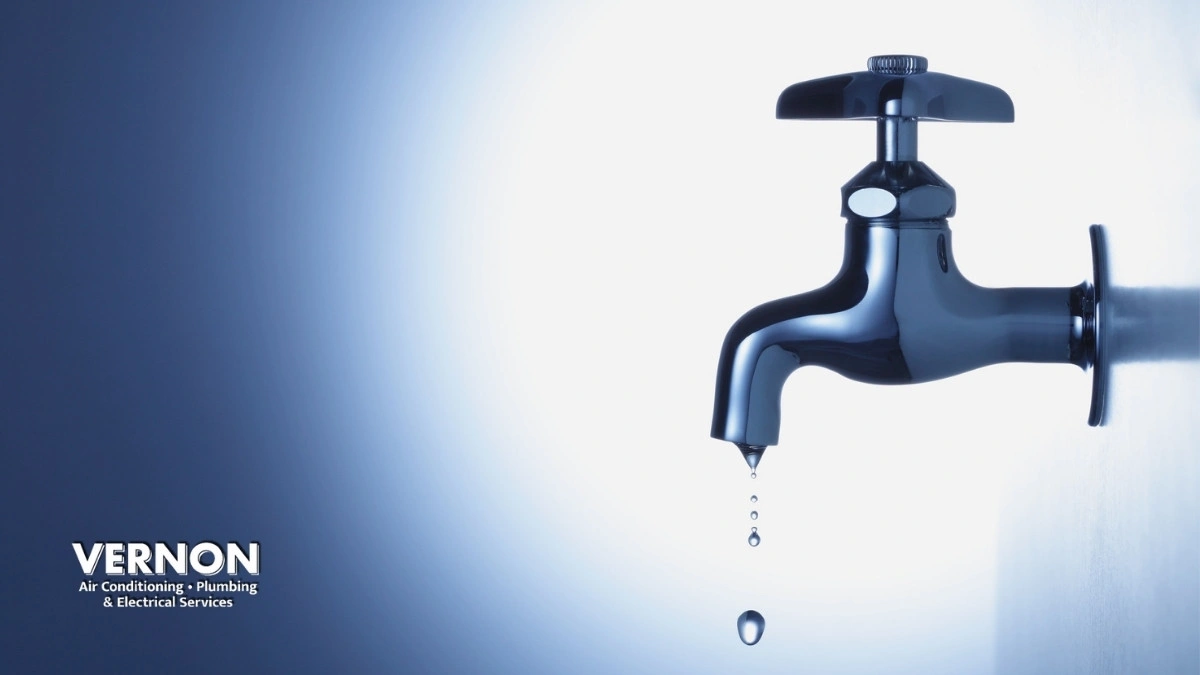Table of Contents
Heat pumps are quickly becoming the go-to choice for homeowners across British Columbia. With cold winters, hot summers, and rising energy costs, families are looking for energy-efficient heating and cooling systems that also qualify for provincial rebates. But how does a heat pump actually work, and why are more people in BC choosing them over traditional heating systems like furnaces or boilers?
This guide explains heat pump basics, how the system operates in heating mode and cooling mode, the types of heat pump systems available in BC, and what you can expect from heat pump installation. We’ll also cover rebates, costs, and performance in cold weather so you can decide if it’s the right home heating system for you.
How Does a Heat Pump Work?
A heat pump transfers heat instead of creating it. In winter, it moves heat from the outside air or ground indoors; in summer, it expels indoor heat outside, just like an AC. Using refrigerant, a compressor, coils, and a reversing valve, it efficiently provides both heating and cooling.
Heat Pump Basics
At its core, a heat pump doesn’t generate heat the way a furnace does. Instead, it uses a heat exchanger and refrigerant to transfer heat between indoor and outdoor air. This process makes it more efficient than most other heating systems.
Think of it like a two-way air conditioner:
- In summer, it removes heat energy from your indoor air and pushes it outside, keeping your home cool.
- In winter, it works in reverse, extracting heat from the outside air, even in cold temperatures, and moving it indoors.
Because heat pumps only move heat rather than create it, they deliver more heat output per unit of electricity than resistance heaters or a conventional furnace. This ratio is measured by the seasonal energy efficiency ratio (SEER) and the coefficient of performance (COP).
How Does a Heat Pump Work?

In Heating Mode
When your thermostat calls for heat, the system reverses the flow of its refrigerant. The outside air becomes the heat source, even on frigid days. The refrigerant absorbs this heat energy at low pressure, and then the compressor boosts it into a hot gas. As the refrigerant moves indoors, it condenses, releasing heat into your ductwork.
In BC, most systems include backup heat or supplemental heating (such as electric strips or a gas furnace) to handle extreme cold weather when the heating load is higher than the pump’s capacity.
In Cooling Mode
In summer, the process flips. The refrigerant absorbs heat from the air inside your home, turning into a liquid refrigerant gas mix as it warms. The system then pushes this heat outdoors, leaving behind cooled air to circulate through your ducts. This operates similarly to a central air conditioner or cooling system, but with enhanced cooling efficiency.
Types of Heat Pumps in BC
Air Source Heat Pumps

The most common option in BC is the air source heat pump. These systems provide heating and provide cooling by drawing heat energy from the outside air.
- Standard models work best above 4°C but lose efficiency at lower temperatures.
- Low-temperature air source heat pumps are designed for BC winters, operating effectively even at temperatures as low as –25°C to –30°C.
These newer models reduce energy consumption and lower energy bills, while cutting greenhouse gas emissions compared to oil or gas.
Ground Source Heat Pumps

Also called ground source heat pumps or geothermal systems, these use the steady underground temperature as their heat exchange surface. They deliver extremely stable energy efficiency year-round but require a more costly installation. For larger BC homes or rural properties, they’re a strong option for long-term residential heating.
Other Options
Some heat pump systems can also handle hot water production or underfloor heating, further replacing central heating equipment.
Benefits for BC Homeowners
- Energy efficiency – Uses less power than conventional furnaces or baseboard heaters.
- Lower energy costs – Significant savings on monthly energy bills.
- Cleaner air – Filters indoor air, improving comfort.
- Environmentally friendly – Cuts greenhouse gas emissions and supports BC’s climate goals.
- Versatility – One system for both heating and cooling.
- Long lifespan – With maintenance, most heat pumps last 15–20 years.
Heat Pump Installation in BC
A new heat pump installation involves evaluating your existing heating system, calculating your home’s heating load, and choosing the correct size. Sizing is critical: a system that’s too small won’t keep up in cold temperatures, while one that’s oversized will waste energy in cooling mode.
Typical price ranges in BC:
- Diagnostic or inspection: $150–$250
- Common repairs (compressor, refrigerant, sensors): $400–$1,200
- Full heat pump installation: $6,000–$14,000, depending on size, type, and ductwork
Professional installers also handle permits with Technical Safety BC and ensure your system meets the BC Building Code.
Rebates and Financing
Homeowners in BC have excellent incentives to offset the upfront cost of a new heat pump:
- FortisBC rebates – Up to $6,000 for qualifying air source or ground source heat pumps.
- BC Hydro rebates – Incentives for switching from electric baseboard to a heat pump system.
- Canada Greener Homes Grant – Federal rebates of up to $5,000 for eligible upgrades.
These programs make efficient heating more affordable while lowering long-term energy costs.
FAQs About Heat Pumps in BC
Do I need a permit for heat pump installation in BC?
Yes. A licensed contractor must pull permits through Technical Safety BC.
How do heat pumps perform in cold weather?
Modern air source heat pumps are designed for cold temperatures and often paired with backup heat for extreme days.
What rebates are available right now?
FortisBC, BC Hydro, and federal programs all provide rebates on heat pump systems. Check current amounts before buying.
What’s the typical lifespan?
With maintenance, most heat pumps last 15–20 years, with ground source heat pumps lasting even longer.
Is a Heat Pump Right for Your Home?

Heat pumps are one of the smartest investments for BC homeowners, offering efficient heating and cooling, lower energy bills, and reduced environmental impact. With substantial rebates and proven performance in cold weather, they’re a future-proof choice for your home heating system.
If you’re ready to explore options, call Vernon Air Conditioning, Plumbing & Electrical Services. We provide expert heat pump installation, repair, and maintenance throughout Vernon, Coldstream, Lake Country, Armstrong, Lumby, and the entire North Okanagan.
Vernon Air Conditioning, Plumbing & Electrical Services
909 Kalamalka Lake Rd, Vernon, BC V1T 6V4
Phone: 778-403-7886
Want to install a Heat Pump? Call us or book online today for quality heat pump installation or service across the North Okanagan.




